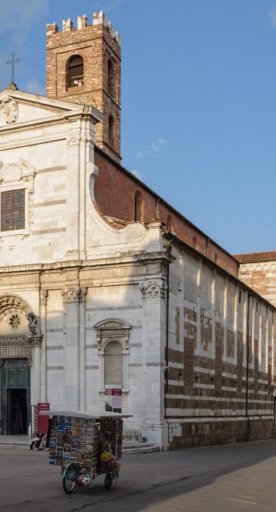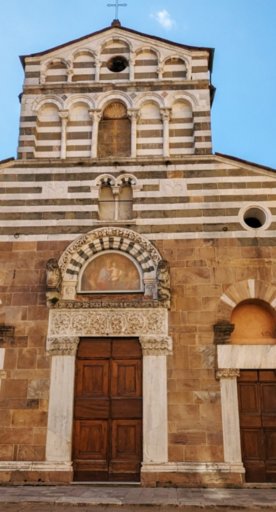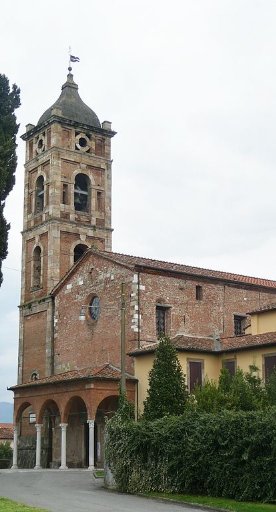Teatro del Giglio
The historical municipal theatre of Lucca
One of the oldest public theatres of Italy and flagship of the city of Lucca, Teatro del Giglio is located in the homonymous square, a few metres from the Palazzo Ducale in piazza Napoleone.
Teatro del Giglio, which received the Theatre of tradition award in 1985, is an elegant and refined structure. It has an auditorium, boxes and gallery that can hold more than 700 people and from where it is possible to enjoy excellent acoustics and sightlines.
Its origins date to the mid-17th century when it was built as a “public theatre”, following a decree of the Council of the Republic of Lucca. The name is due to Marie Louise of Bourbon, then Duchess of Lucca, and to the coat of arms that shows three golden lilies, in honour of the same Bourbon dynasty. It was renovated, modified and expanded through the centuries, but the most important work was carried out between 1817 and 1819 thanks to the architect Giovanni Lazzarini and to the engineer Lorenzo Nottolini.
The first great success came in 1831 with William Tell, by Gioachino Rossi, conducted by Niccolò Paganini. Then, during the 19th century, the Theatre saw the performance of the greatest artistic personalities of the time: tenors Nicola Tacchinardi and Gilbert Duprez and the soprano Maria Malibran. The same Giacomo Puccini personally managed the staging of several of his operas, including Edgar, in 1891. The staging of La Wally by Catalani directed by Arturo Toscanini in 1892 and the operas directed in the early 20th century by Domenico Cortopassi are also to be remembered.

Every year, the Theatre hosts seasons of Lyric Opera, Theatre of prose and Dance, the concert season called Lucca Classica and the “Teatro ragazzi” event for the school world. Furthermore, it avails of the prestigious support of the Library, of more than 4000 volumes, dedicated to exploration and research on the entertainment industry. Compagnia Teatro del Carretto is the resident company with which Teatro del Giglio has been co-producing the performances for twenty years.
Teatro del Giglio has always been an artistic landmark of the city and a must-see cultural site in the Piana di Lucca.
Accessibility information: teatrodelgiglio.it










